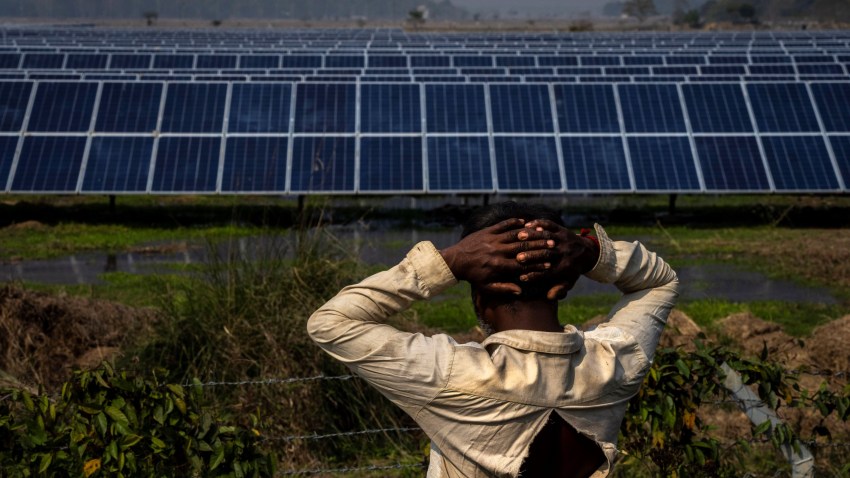India’s capital recorded an all-time high temperature yesterday of more than 126 degrees Fahrenheit, or 52 degrees Celsius, amid a heat wave that has kept temperatures in several states in northern India well above 110 degrees for weeks. The extreme heat is in part a result of the El Nino weather phenomenon, the effects of which have been amplified by climate change. (New York Times & Reuters)
Our Take
Although the extreme heat in India this week has set records, it is also part of a broader pattern, coming amid the planet’s hottest 12 months on record. And just two years ago, the Indian subcontinent experienced an extended heatwave that forced the government to restrict wheat exports due to a drop in agricultural production. Intense heat waves are now expected to occur increasingly often in India, as frequently as once every three years.
The heat wave once again serves as a tangible reminder of the effects climate change already has on the planet and raises the level of urgency in responding to those effects. In India’s case, the government under PM Narendra Modi actually has made progress on climate mitigation. New Delhi has committed to halving the country’s carbon emissions by 2030 and decarbonizing the economy by 2070, and as such has steadily increased public investments in renewable energy and the green transition.

